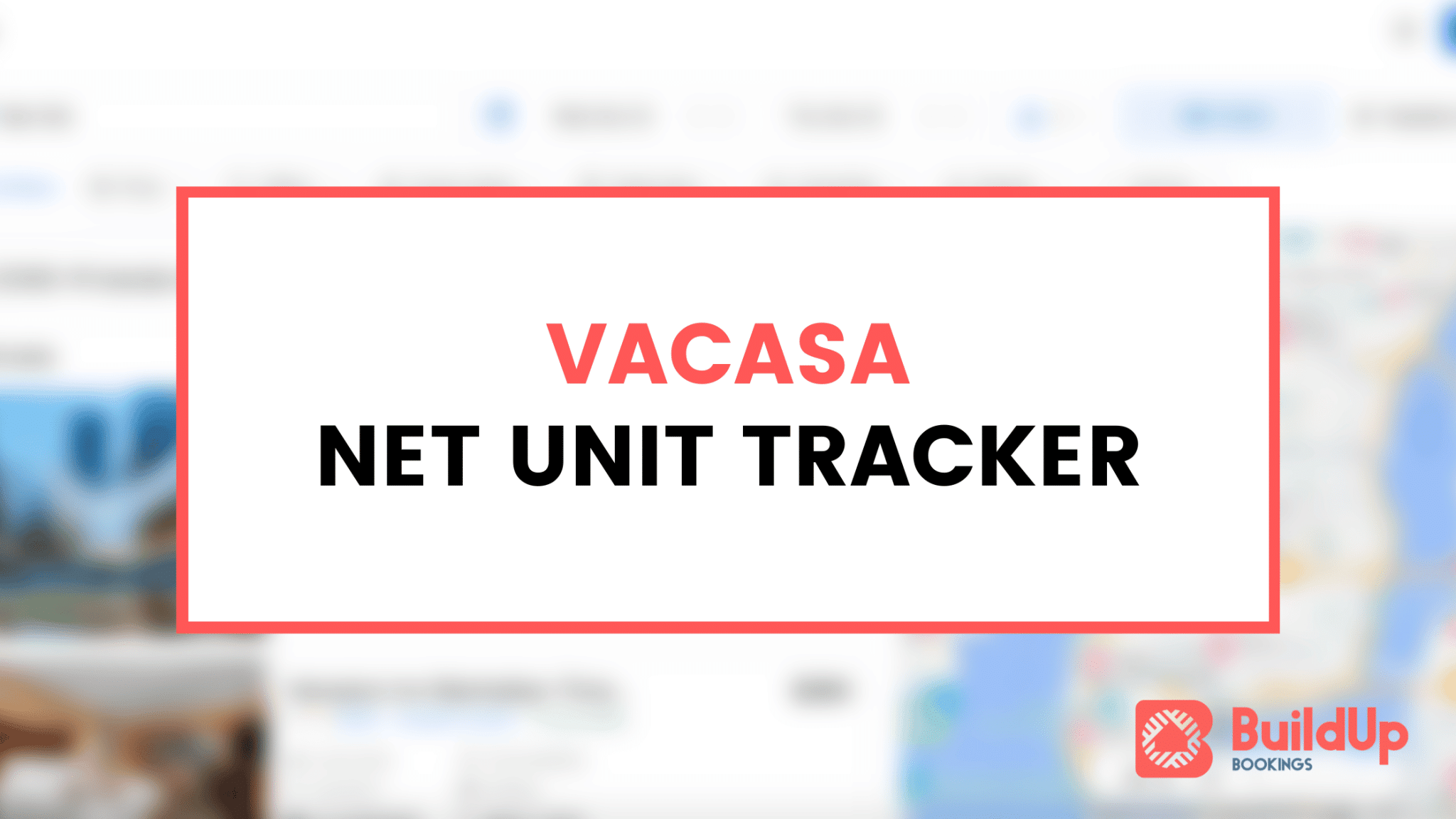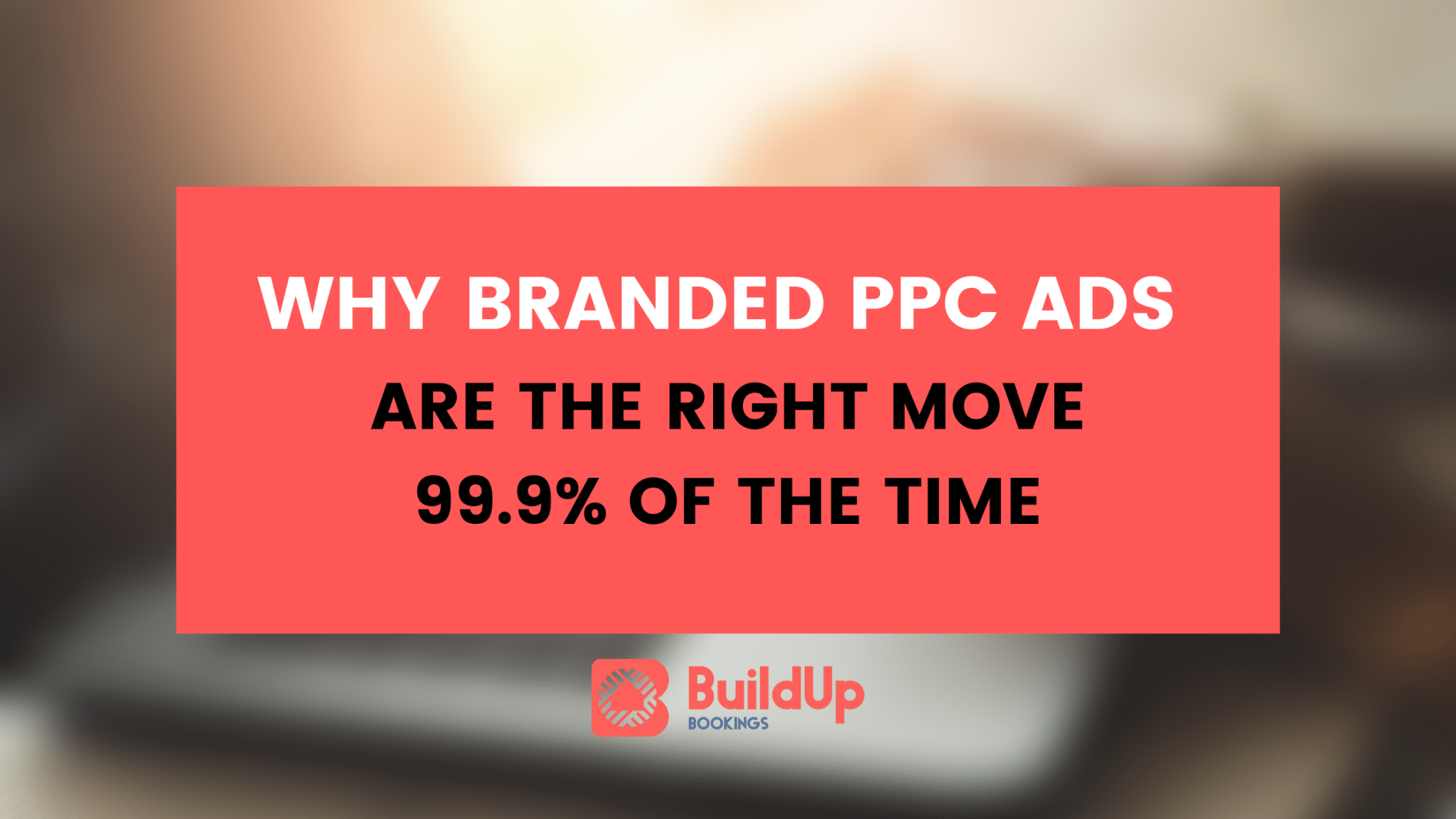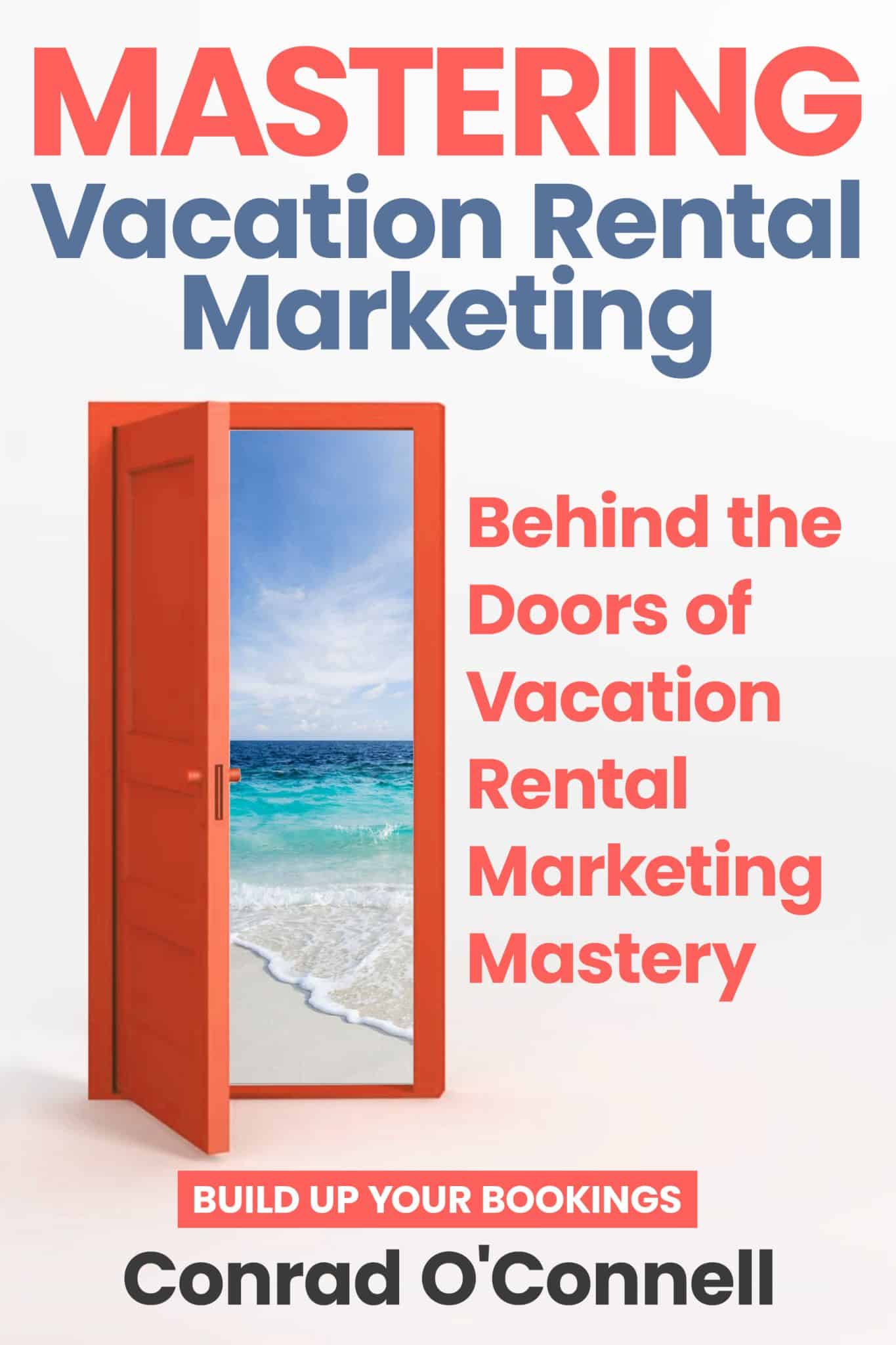
Working with vacation rental companies is awesome – the clients are always passionate about the area of which they rent and many are local experts in their own right. However, some of the time, vacation rental websites end up looking a little dull with no strong examples of content about the area.
It’s a common issue that I deal with on a weekly basis in my consulting work and full-time employment. Often times what I find is that the client is not afraid to help with the content, but needs some guidance and direction on where to start.
Should it be an infographic? Long form blog post? Video?
Just getting the idea is hard enough – figuring out how to best implement a content marketing idea into your vacation rental website is tricky too.
However, it can be done well. To help get you kick-started, I’ve scoured the internet to find examples of vacation rental companies and managers who are doing amazing content about their destination for their guests. The examples below have been featured in high-profile web publications, attracted thousands of views, visitors and drawn tens of thousands of shares on Facebook. Disclosure: I have worked with some of the managers/companies below.
1) SmokyMountain.com Hiking Guide
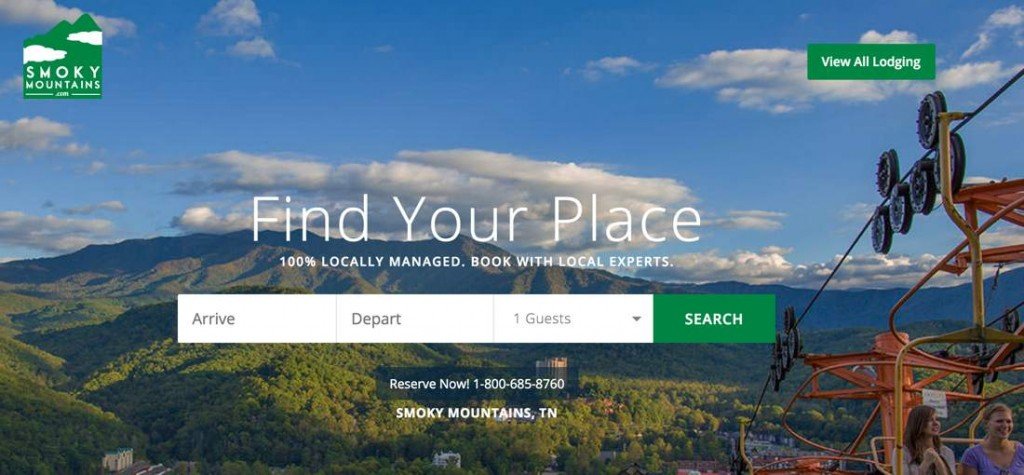
The smart gentlemen at SmokyMountain.com are bucking industry (and area) trends and are truly creating something amazing. The whole website is an example of their deep commitment to area information and other content marketing pieces, but the hiking guides stood out to me perhaps the most. They’ve profiled over a dozen different hiking trails, including information and original photography that even the parks themselves don’t present as professionally.
2) Fern Grotto Inn Kauai Infographic
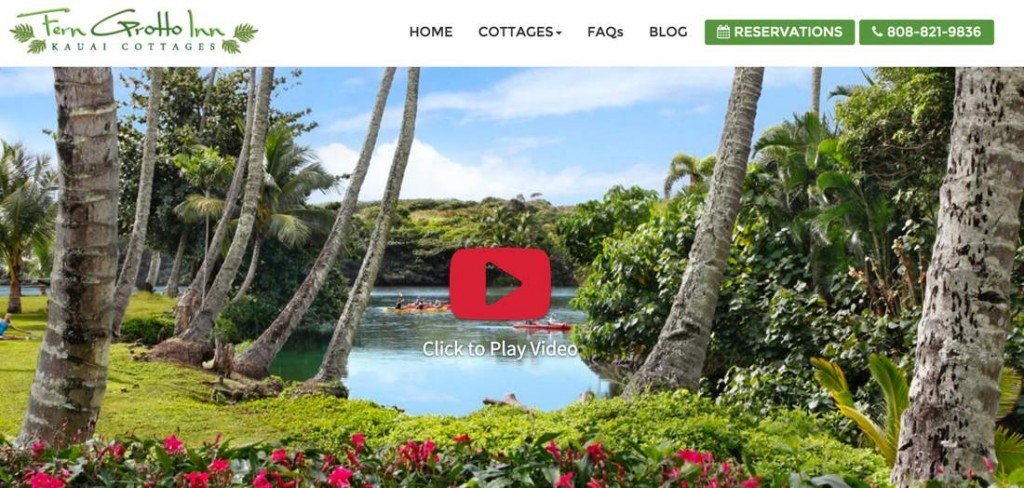
Paul Juma, owner of Fern Grotto Inn recently worked on launching this fun and data-packed infographic that helps guests learn more about the amazing island that is Kauai. With a long piece like this, it’s helpful to pack all of this data in an easily-sharable infographic format that shows off the visual flair of the island. The graphic goes into helpful details like the best times to travel to Kauai, the best things to do and even Paul’s top five restaurant picks.
3) The Houses On Manzanita Beach Video
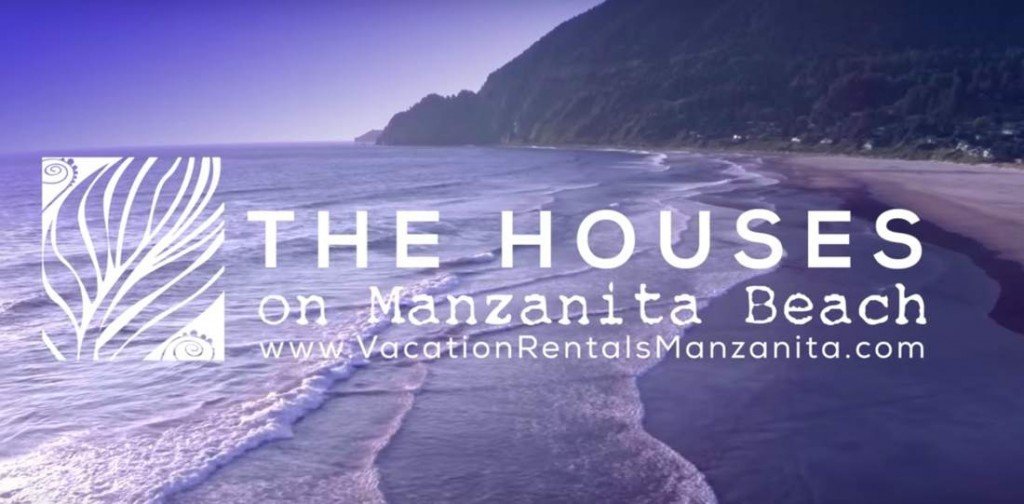
Kim, a smaller VR manager with three stunning properties in Manzanita, Oregon, looked to video to launch this awesome example. With a personal feel (Kim herself stars in the video), this content marketing makes the guest feel closer than ever to the homes they’re going to rent. With overhead drone photography, on-theme music and panning sunset shots, the production value is off-the-charts memorable! The video tells us a story about the rentals and makes the guest more likely to want to book Kim’s vacation rental homes.
4) Real Bali’s Instagram

Although a bit loose on the definition of content marketing (at the end of the day, you don’t truly control any of the content you put on Instagram, Facebook or Twitter), I still feel it’s worth mentioning the success of the Instagram platform for RealBali.com. With over 7,400 followers and many posts gathering hundreds of likes, the engagement for Real Bali is through the roof.
5) RA Beach Getaways Interactive Map
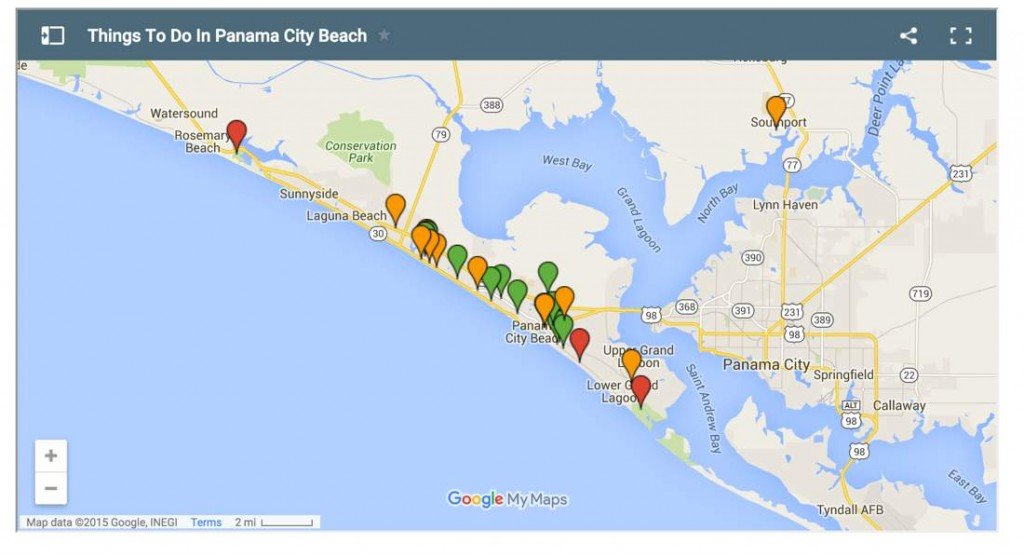
Instead of a more simple list of links and maybe photos, Royal American Beach Getaways (in Panama City Beach, FL) made an impression with this interactive map. Now you can search by location, category and find the best things to do in the area. With a full listing underneath the map, you’ll still be able to learn where the business is, see an image and phone number too. However, the map is enough to use and find where the best things to do are in relation to your vacation rental condo.
6) Flipkey Area Guide to Boston

I’m no fan of big listing sites, but I’ll give credit where it’s due. Flipkey launched a few of these area guides, and they’re all top-notch. With Google Map drive through images and also neighborhood guides, this interactive piece lets you see a city in a whole new way.
Now It’s Your Turn
Hopefully the list above gets you kick-started in the right direction.
Throughout writing this post, I found dozens of vacation rental websites that were trying. They’re producing content, churning through blog posts and promoting them too.
But I feel that this next year, we can all take it up a notch. Creating great content is not as hard as it used to be, with technical and website tools that anyone can use. You can outsource design, writing, content creation and even photography. However, it’s up to you to bring it all together and make an impact with your vacation rental content marketing.
Have another example that is worth mentioning? I’d love to hear about it here.
